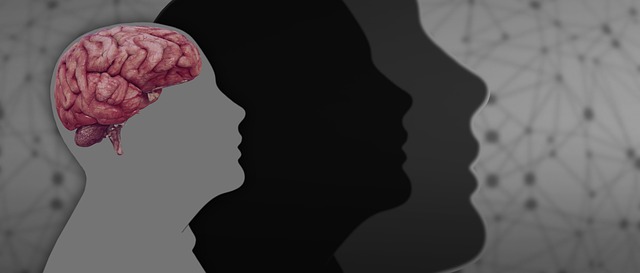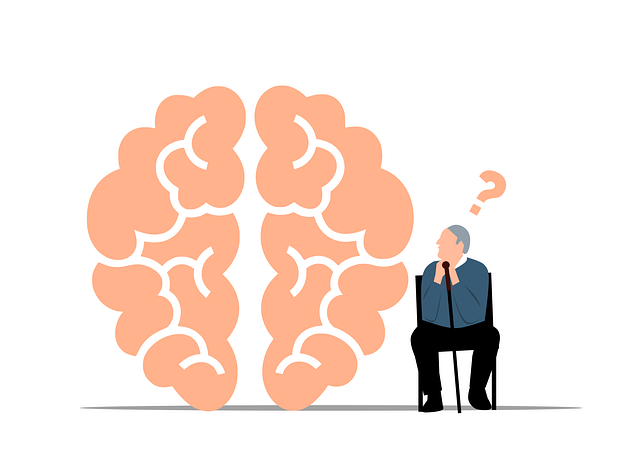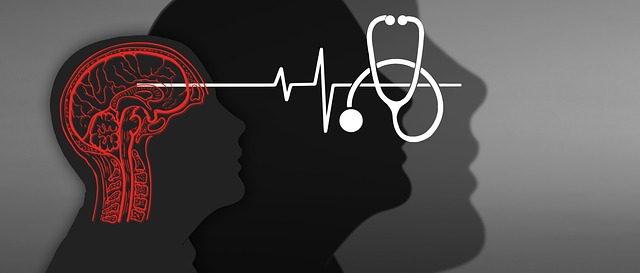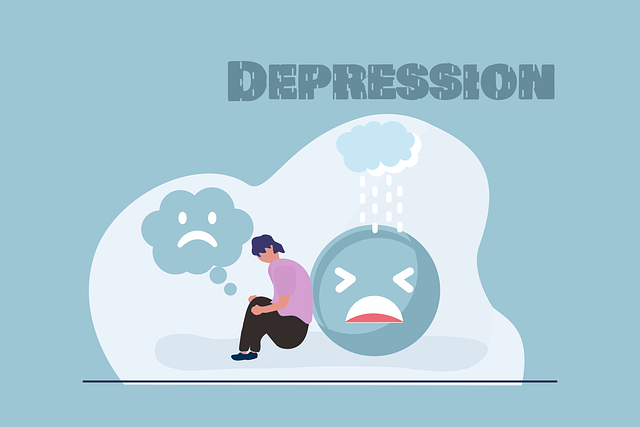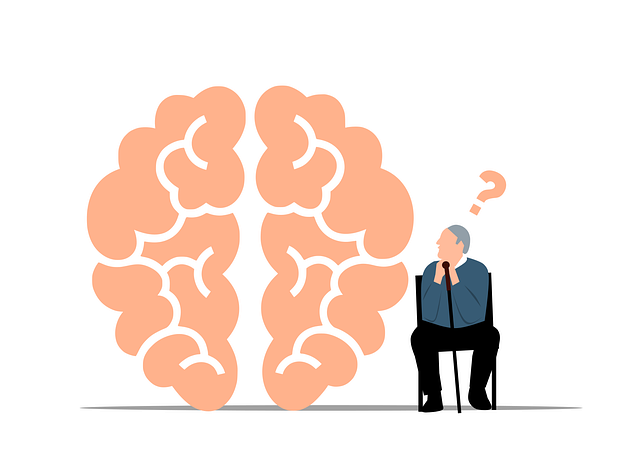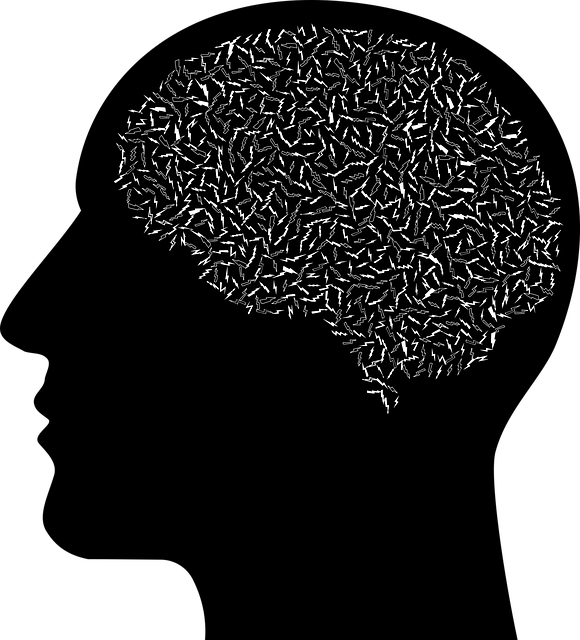Depression, affecting millions globally, requires early intervention. Lone Tree Adolescent and Teen Therapy focuses on prevention and treatment through public awareness campaigns destigmatizing mental health conversations among teens. They offer personalized therapy sessions and a Mental Wellness Podcast Series to teach emotional regulation, conflict resolution, and assertive communication. Fostering social connections and community support is key; they help develop healthy relationships and encourage group activities, sports, and volunteer work. Lifestyle interventions emphasizing nutrition, exercise, and sleep hygiene are integrated into their approach, empowering teens to manage depression holistically.
Depression is a prevalent yet profound challenge facing many adolescents. At Lone Tree Adolescent and Teen Therapy, we believe early intervention and proactive strategies are key to prevention. This article explores various effective approaches to combat depression, from recognizing subtle signs to implementing lifestyle changes. We delve into the power of therapy as a safe haven, offering emotional support and coping skills for teens. Additionally, we highlight the significance of social connections, community engagement, and healthy habits like nutrition, exercise, and sleep hygiene in fostering resilience against this invisible illness.
- Understanding Depression: Recognizing Signs and Symptoms
- The Role of Therapy: A Safe Space for Emotional Support
- Building Resilient Coping Mechanisms for Adolescents
- Fostering Social Connections and Community Support
- Lifestyle Interventions: Nutrition, Exercise, and Sleep Hygiene
Understanding Depression: Recognizing Signs and Symptoms

Depression is a complex mental health condition that affects millions worldwide, often manifesting as persistent feelings of sadness, hopelessness, and loss of interest in activities once enjoyed. Recognizing the signs and symptoms early on is crucial for effective prevention and treatment. The journey towards preventing depression involves understanding its subtle indicators, which can vary from person to person. Common signals include changes in appetite and sleep patterns, fatigue, difficulty concentrating, feelings of worthlessness or guilt, and recurrent thoughts of death or suicide.
At Lone Tree Adolescent and Teen Therapy, we emphasize the importance of fostering inner strength development as a proactive approach to mental wellness. By increasing public awareness campaigns focused on these signs, we aim to destigmatize conversations around depression and encourage teens to seek support when needed. Early intervention is key; with the right strategies and resources, individuals can develop resilience and coping mechanisms to navigate life’s challenges, thereby reducing the risk of depression.
The Role of Therapy: A Safe Space for Emotional Support

Therapy serves as a crucial safe space for adolescents and teens grappling with depression, offering them emotional support and tools to navigate their mental health journey. Through one-on-one sessions or group therapy facilitated by trained professionals at organizations like Lone Tree Adolescent and Teen Therapy, individuals can openly express their feelings without judgment. This supportive environment encourages exploration of underlying issues, fosters positive thinking, and equips youth with effective coping strategies for stress management.
Incorporating evidence-based practices tailored to each individual’s unique needs, therapy sessions help young people develop healthier ways of processing emotions, improving their ability to cope with life’s challenges. By learning techniques for mindfulness, stress reduction, and building resilience, adolescents gain valuable skills that promote mental well-being and can prevent depression from escalating.
Building Resilient Coping Mechanisms for Adolescents

Adolescence is a critical period for mental health development, making it crucial to equip young individuals with effective coping strategies to navigate life’s challenges. Lone Tree Adolescent and Teen Therapy offers valuable insights into building resilient mechanisms that can significantly contribute to preventing depression. Through therapy sessions, adolescents learn to identify and manage their emotions, fostering self-awareness and emotional regulation skills. This process empowers them to respond rather than react to stressful situations, a key component in preventing depressive episodes.
One of the effective techniques taught is conflict resolution, enabling teens to navigate interpersonal challenges with maturity. Communication strategies are also a vital part of this process, helping adolescents express their feelings and needs assertively. Additionally, Lone Tree’s Mental Wellness Podcast Series Production provides accessible resources that reinforce these concepts, offering practical tips and insights into maintaining mental wellness.
Fostering Social Connections and Community Support

Fostering social connections and a strong support network is an essential aspect of depression prevention, especially for adolescents and teens navigating life’s challenges. Building and maintaining meaningful relationships can provide a sense of belonging, reduce feelings of isolation, and offer a valuable coping mechanism when facing difficult times. This is where Lone Tree Adolescent and Teen Therapy comes into play, offering specialized services to help young individuals cultivate healthy social skills and connect with supportive communities.
Community support systems, including schools, clubs, and local organizations, can significantly impact mental health. Encouraging participation in group activities, sports teams, or volunteer work allows teens to foster new friendships, gain a sense of purpose, and learn valuable social and emotional skills. Additionally, these environments can promote mindfulness, as suggested by research on burnout prevention, where individuals become more present and aware of their thoughts and feelings in social settings. Mindfulness meditation practices, often incorporated into therapy sessions, can enhance emotional regulation and help teens navigate stress and anxiety with greater resilience. Regularly assessing risk factors for mental health professionals is also crucial, ensuring they have the resources to support both themselves and the youth they serve.
Lifestyle Interventions: Nutrition, Exercise, and Sleep Hygiene

Lifestyle interventions play a pivotal role in preventing and managing depression, especially for adolescents and teens navigating their mental health journey. Nutrition, exercise, and sleep hygiene are fundamental pillars that can significantly impact overall well-being. A balanced diet rich in essential nutrients supports brain function and emotional stability, while regular physical activity releases endorphins, known as ‘feel-good’ hormones, which can boost mood and reduce symptoms of depression.
At Lone Tree Adolescent and Teen Therapy, we emphasize the importance of these lifestyle changes alongside confidence-boosting self-awareness exercises and empathy-building strategies. Adequate sleep is crucial for emotional regulation; it allows the brain to process and consolidate emotions, helping individuals cope with stress and negative thoughts more effectively. Integrating these holistic approaches into daily routines can empower teens to take charge of their mental health and foster a sense of resilience.
Depression is a serious yet treatable condition, especially when prevention strategies are in place. By recognizing early signs and seeking appropriate support, such as therapy from Lone Tree Adolescent and Teen Therapy, individuals can develop coping mechanisms to navigate life’s challenges. Incorporating lifestyle interventions like regular exercise, balanced nutrition, and adequate sleep, along with fostering social connections and community support, can significantly contribute to preventing and managing depression. Through understanding these strategies, we empower ourselves and others to build resilience and lead happier, healthier lives.


